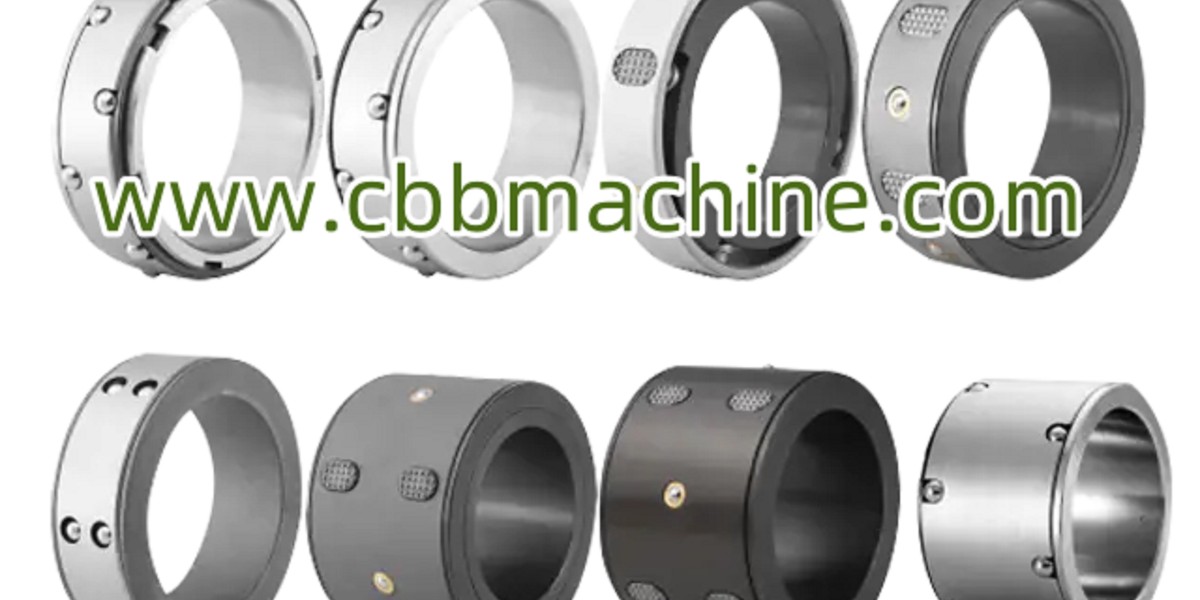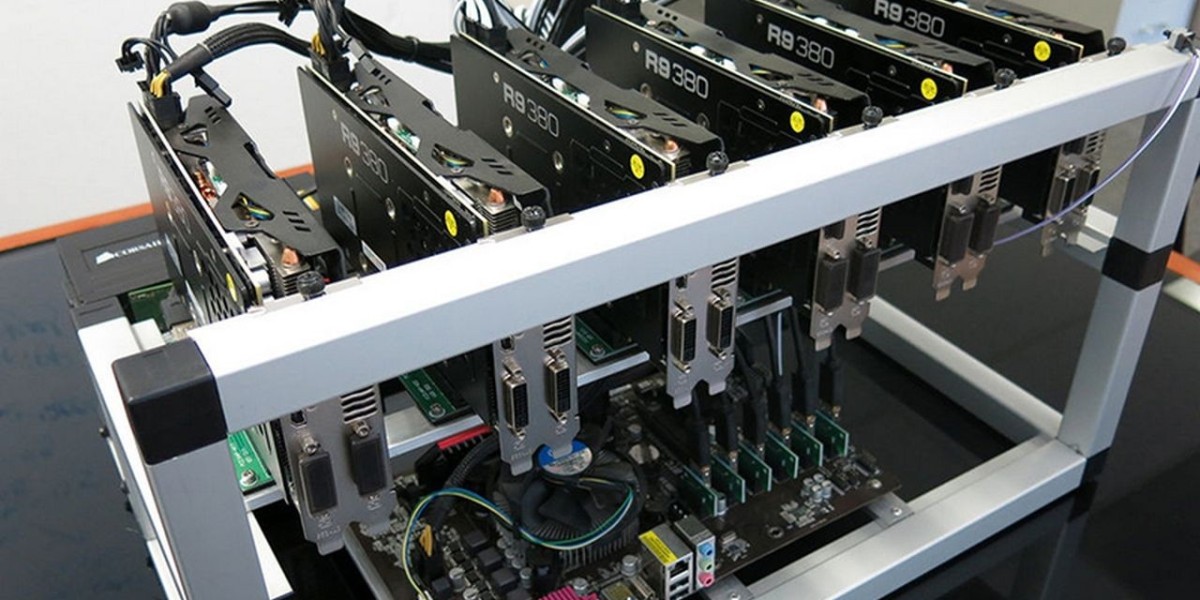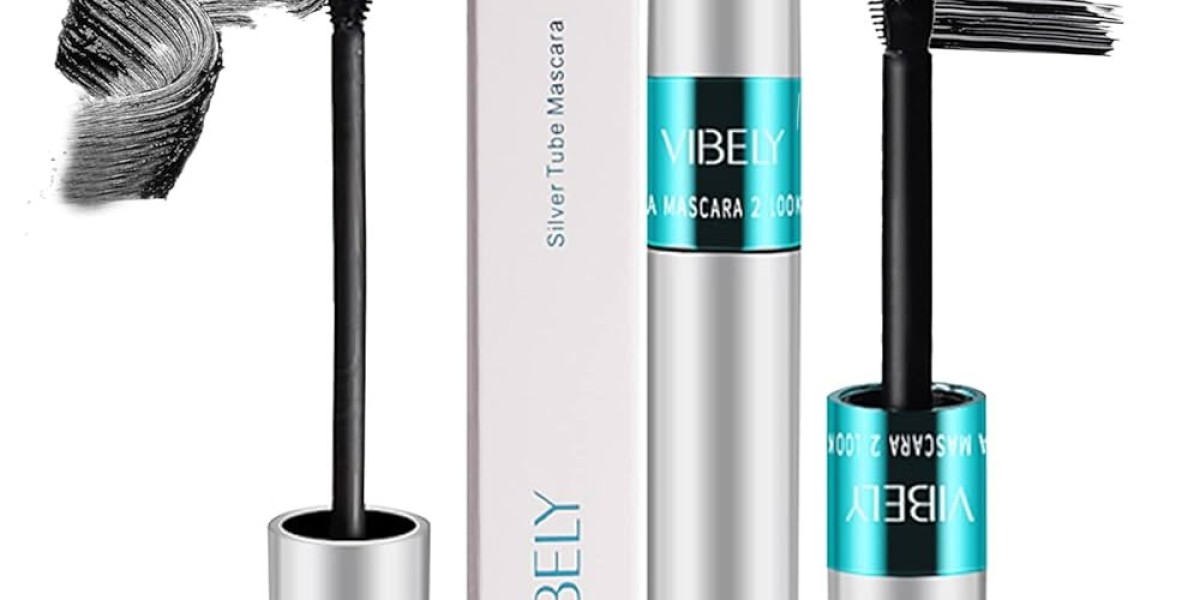How a Differential Shaft Supplier Supports High-Efficiency Web Handling Systems
A reliable Differential Shaft supplier plays an important role in the smooth functioning of slitting, rewinding, and web handling machinery. Differential shafts are highly specialized components that ensure accurate tension control and even winding of materials such as film, paper, foil, and other flexible substrates.
The fundamental function of a differential shaft is to allow multiple cores on a single shaft to rotate independently. This is essential when winding materials with slight thickness variations or when producing multiple narrow-width rolls from a master roll. By compensating for the tension difference between each roll, the shaft ensures that all of them are wound with uniform tightness. This capability prevents core slippage and material damage, improving the overall quality and consistency of the output.
Modern production lines rely on differential shafts for high-speed operations where material uniformity and tension balance are critical. Choosing a dependable Differential Shaft supplier means gaining access to precision-engineered shafts made from durable materials. Such shafts are designed to operate efficiently over long production runs while requiring minimal maintenance.
The internal structure of a differential shaft typically includes friction rings, ball locks, springs, and air tubes. These parts work together to apply consistent pressure to each core, allowing independent rotation while maintaining controlled torque. When compressed air is applied to the shaft, the friction rings engage with the cores to transmit torque without slipping. This design minimizes downtime caused by tension-related issues and improves the accuracy of slit roll dimensions.
Another benefit of sourcing from a qualified Differential Shaft supplier is customization. Depending on your machine’s specifications and the materials you process, the shaft’s diameter, length, core size, friction element type, and torque range may need to be tailored. Many industrial operations require shafts compatible with both 3-inch and 6-inch cores, or designs that allow quick changeovers. A supplier who understands these technical requirements can help you configure the shaft accordingly.
Differential shafts are commonly used in industries such as packaging, printing, battery manufacturing, nonwoven textiles, and flexible electronics. These sectors often deal with sensitive materials where tension accuracy directly affects product quality. Even small variations in roll tightness can lead to wrinkling, telescoping, or misalignment in downstream processes. By working with a knowledgeable Differential Shaft supplier, manufacturers can avoid these issues and improve productivity.
In addition to supplying standard shafts, many suppliers also offer repair, inspection, and refurbishment services. Over time, the friction rings and other internal parts may wear out, affecting shaft performance. Regular inspection and timely replacement of components help extend the lifespan of the shaft and maintain machine efficiency. Choosing a supplier who can provide technical support and spare parts can make a significant difference in reducing operational interruptions.
Environmental factors such as temperature, humidity, and dust can also impact shaft performance. A well-manufactured shaft will be designed to perform reliably under such conditions. High-quality materials like hardened steel, aluminum alloy, and treated surfaces provide the necessary resistance against corrosion and mechanical fatigue.
Moreover, automation and digital integration have started to influence the evolution of differential shaft design. Some advanced shafts now incorporate sensors or feedback systems that monitor tension and provide real-time data to machine operators. This helps with predictive maintenance and quality control, giving production teams more control over the winding process. A forward-thinking Differential Shaft supplier will likely keep pace with these industry trends and offer compatible products.
When selecting a differential shaft, buyers should evaluate more than just the price. It is important to consider the supplier’s manufacturing capabilities, product testing standards, and experience with different web handling applications. A well-established supplier will typically test shafts under simulated working conditions to ensure they meet performance expectations before shipping.
In summary, differential shafts are essential components in winding and slitting machinery where uniform roll tension is critical. Collaborating with a trusted Differential Shaft supplier ensures that the shaft is engineered for durability, accuracy, and compatibility with your production needs. Whether for standard use or tailored applications, these suppliers support operational reliability and long-term productivity in web processing industries.








